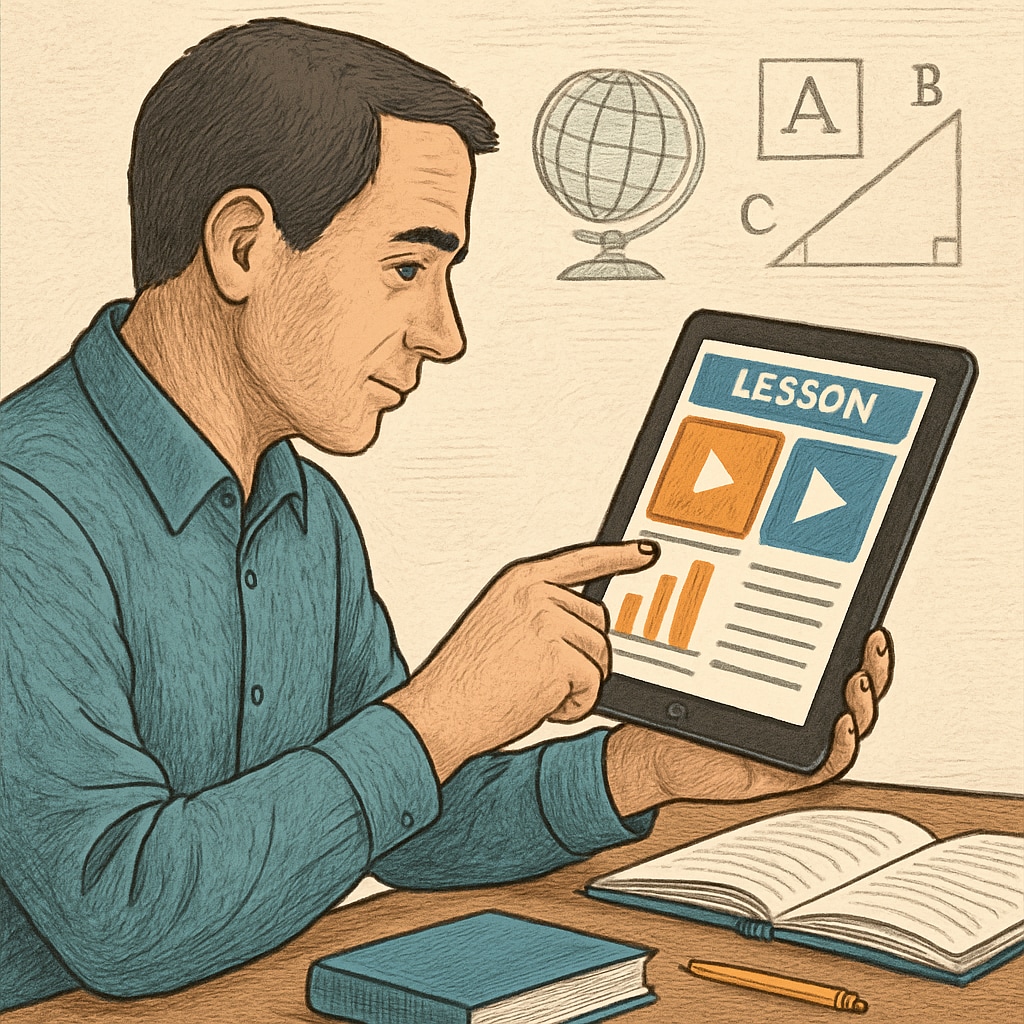For many adults, gaps in basic education can present significant challenges, especially when attempting to navigate modern life and career opportunities. Take, for example, the case of a 25-year-old who has completed only first-grade schooling. Restarting education might seem daunting, but with the right strategies and resources, rebuilding one’s foundational knowledge is achievable. This article delves into practical methods for adult basic education and self-learning, offering structured approaches to tackle topics such as numeracy, literacy, and even world history.
Understanding the Challenges of Adult Basic Education
Adults who missed foundational education often face unique obstacles. These may include social stigma, lack of time due to work or family responsibilities, and difficulty accessing appropriate learning materials. However, understanding these challenges is the first step toward overcoming them. The key lies in building a structured learning path that starts with the basics and gradually progresses to more complex subjects.

Creating a Systematic Learning Plan
When restarting education, it’s vital to develop a systematic and progressive learning plan. Here are some recommended steps:
- Assessment: Identify specific gaps in knowledge by taking diagnostic tests or reflecting on areas of difficulty.
- Prioritization: Focus on essential subjects like reading, writing, mathematics, and general knowledge.
- Resource Selection: Choose accessible resources such as online courses, public libraries, and educational apps.
- Consistency: Dedicate regular, uninterrupted time for learning, even if it’s just 30 minutes a day.
For example, platforms like Khan Academy provide free courses tailored to various levels, while libraries often offer beginner-level textbooks for adults.
Exploring Self-Learning Tools and Resources
Self-learning is a powerful approach, especially for adults with busy schedules. Here are some effective tools:
- Online Learning Platforms: Websites like Coursera and edX offer free and paid courses in foundational subjects.
- Mobile Apps: Apps for language learning (e.g., Duolingo) and mathematics (e.g., Photomath) provide interactive content.
- Community Programs: Local adult education centers often provide free or low-cost classes in basic skills.
Additionally, incorporating world history into your learning plan can broaden your perspective and serve as a gateway to understanding cultural and societal developments.

World History as a Gateway Subject
World history is an excellent subject for adults restarting their education. It combines storytelling with critical thinking, making it both engaging and informative. Beginners can start with accessible resources like documentaries, podcasts, or books designed for general audiences. For instance, the book A Short History of Nearly Everything by Bill Bryson provides an overview of historical and scientific developments in an approachable manner.
Understanding world history also fosters analytical skills and contextual awareness, which are beneficial for other subjects. Websites like World History on Wikipedia and World History on Britannica offer excellent starting points for deeper exploration.
Final Thoughts: Starting Small, Dreaming Big
Restarting education as an adult is not just about filling gaps in knowledge; it’s a transformative journey of personal growth. Begin with small, achievable goals, such as mastering basic literacy or learning about world history. Gradually, you’ll build the confidence and skills needed to tackle more advanced subjects. Remember, education is a lifelong process, and every step you take brings you closer to your goals.
With determination, the right resources, and a structured plan, adults facing gaps in basic education can truly make a fresh start. Whether you’re learning independently or enrolling in a program, the key is to stay consistent and motivated.


